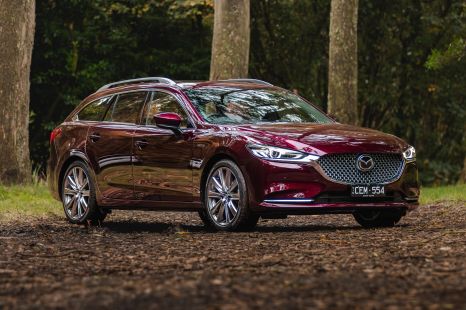

William Stopford
The cars axed in 2025 that we'll miss the most
14 Minutes Ago
Data now confirms that Volkswagen Group EVs in Europe are cheaper-per-kilometre than their internal-combustion counterparts.

Contributor
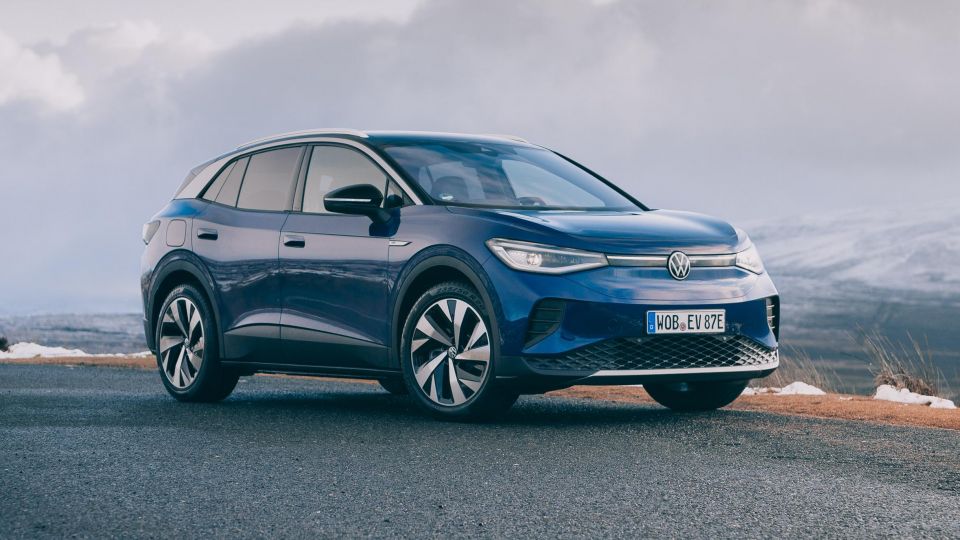

Contributor
Volkswagen AG chief Herbert Diess is continuing his electric vehicle advocacy online, pointing out how his company’s EVs are cheaper to run than even its own combustion-engine models.
In a post on Linkedin, Diess stated, “Driving a combustion engine car costs up to 50% more compared to an e-car!”
“Driving a VW Tiguan costs around 30% more per kilometer than an ID.4. One kilometer in an Audi Q5 costs around 40% more compared to a Q4 E-tron. And driving a Skoda Kodiaq is around 50% more expensive per kilometer compared to an Enyaq!”
In other words, Diess is explaining how the running costs of Volkswagen Group EVs are cheaper than their internal-combustion (ICE) counterparts.
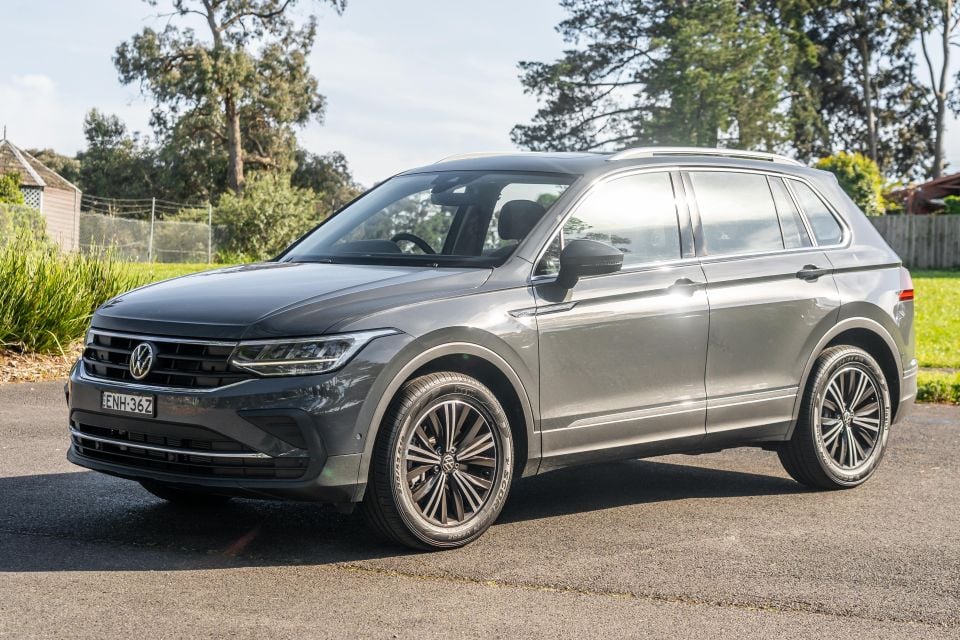
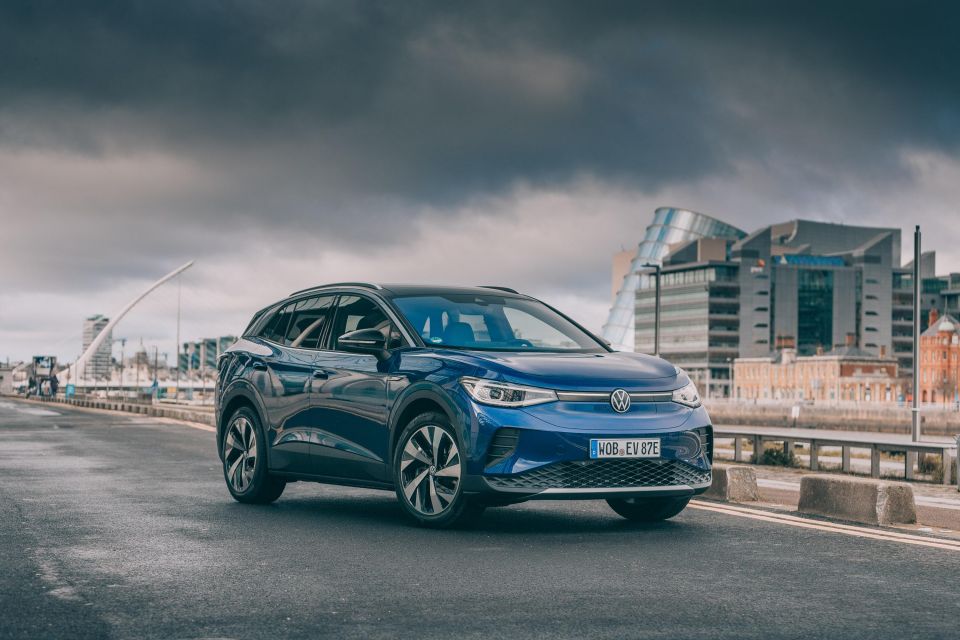
“It’s time to switch!” says Diess.
These figures and data shared by Diess originate from German publication, Autozeitung, which calculated and compared the running costs of Volkswagen Group EVs and ICE cars.
It should be clarified that the figures relate to European customers rather than Australian customers, and we still don’t have the majority of the Volkswagen Group’s all-electric lineup.
For Diess to spell out that the ID.4 is more affordable than the Tiguan to run is significant because the Tiguan has been the company’s best-selling model since 2019 when it overtook the Golf.
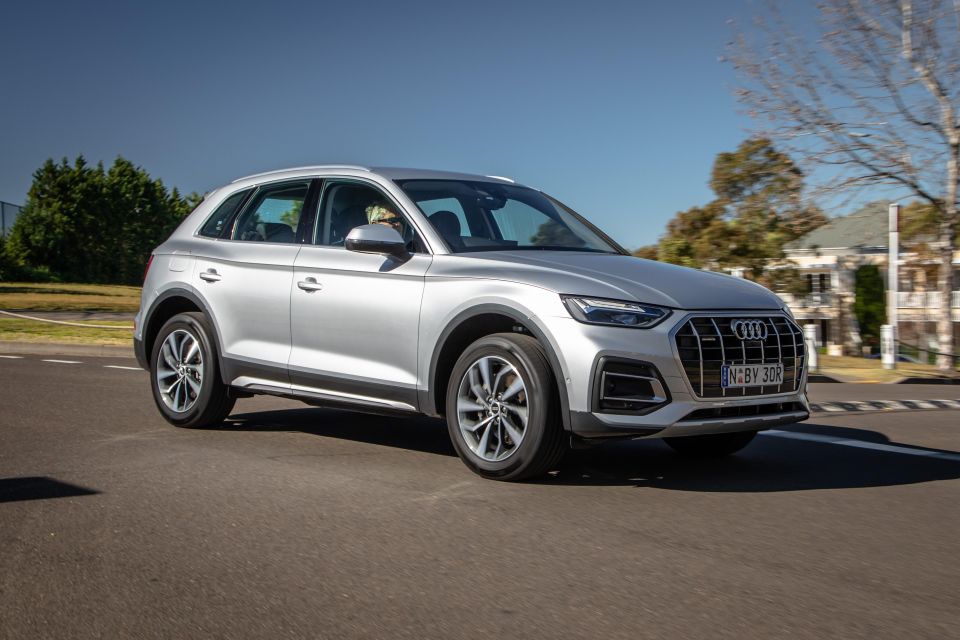
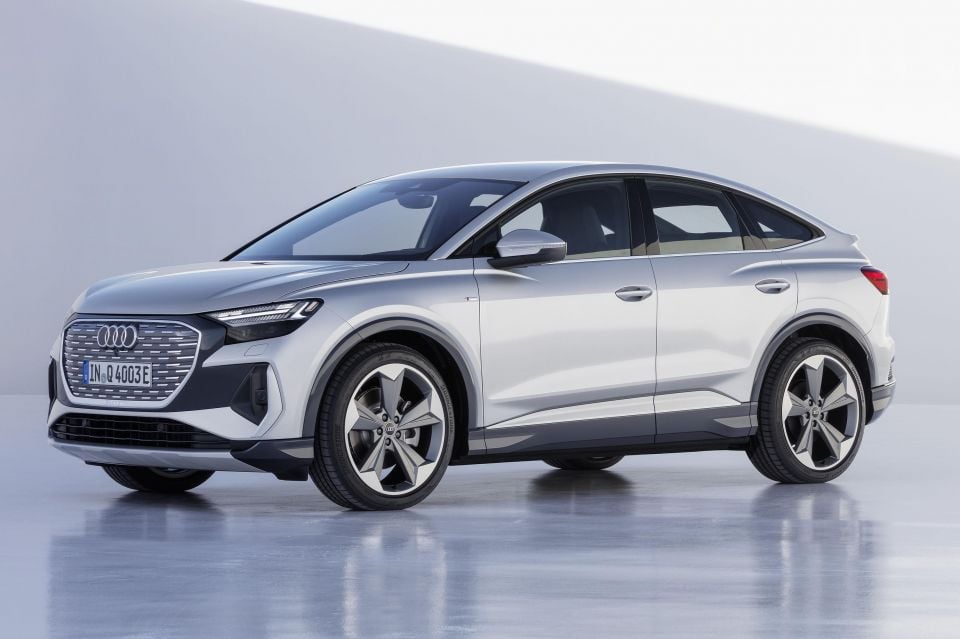
The Volkswagen Group is aggressively pivoting towards electric vehicles but it isn’t alone.
Ford and General Motors have been investing heavily in the production of EVs, but neither has said to stop buying ICE vehicles or that their EVs are cheaper to run as of yet.
Most recently, Diess invited Tesla CEO Elon Musk to present to 200 of Volkswagen’s “top managers” at a corporate strategy meeting.
In another LinkedIn post, Diess said, “We need a new mindset at Volkswagen AG to take on the new competition!”
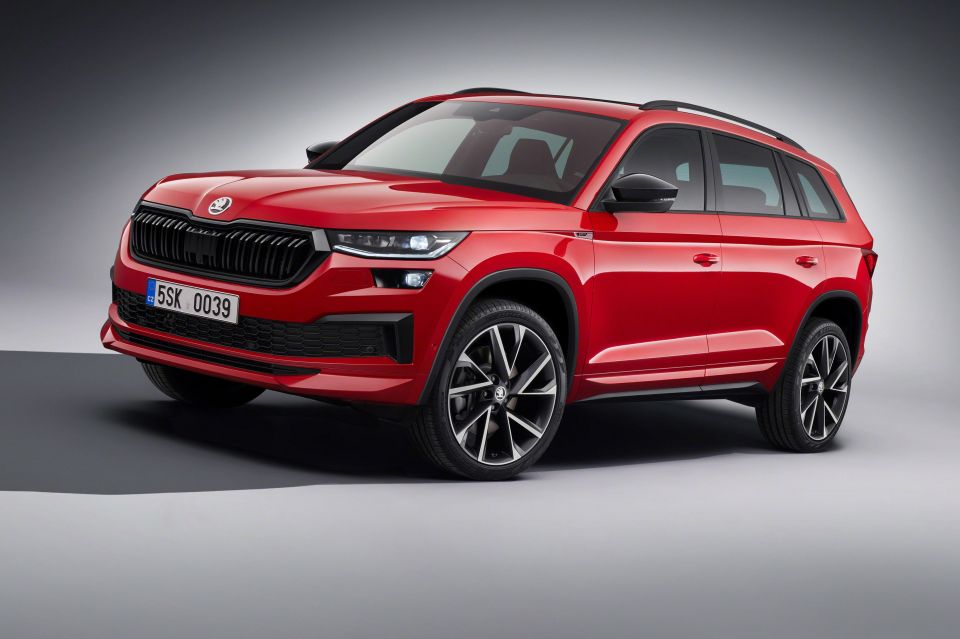
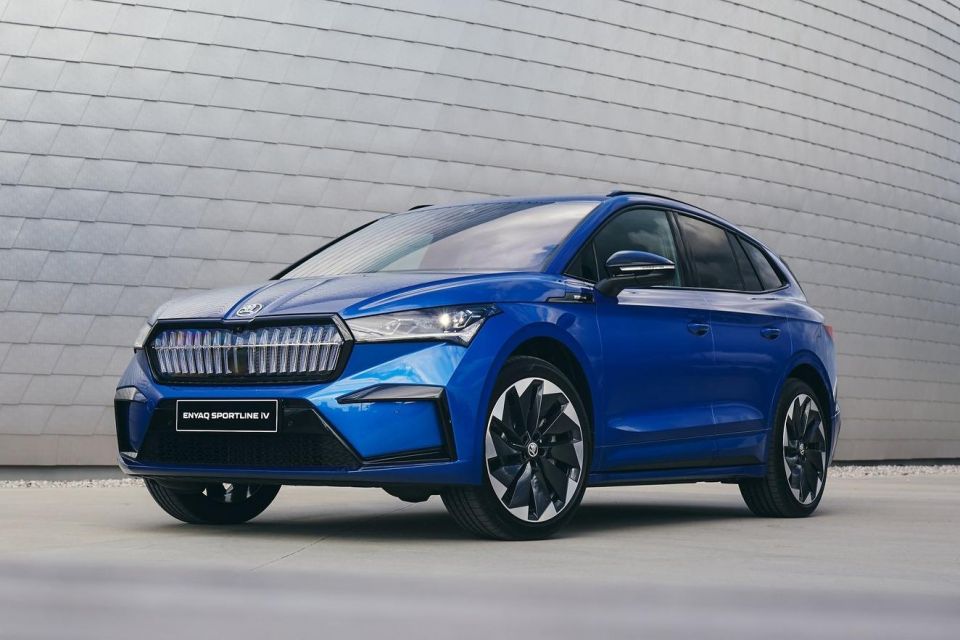
All of this is in hopes of making the diesel emissions scandal, also known as ‘Dieselgate’, a thing of the past.
Despite a shortage of semiconductors, Volkswagen AG says it delivered a record 122,100 battery-electric vehicles (BEVs) from July to September, an increase of 109 per cent compared to the same period in 2020.
Tesla by contrast claims to have delivered 241,300 BEVs in the third quarter of 2021.
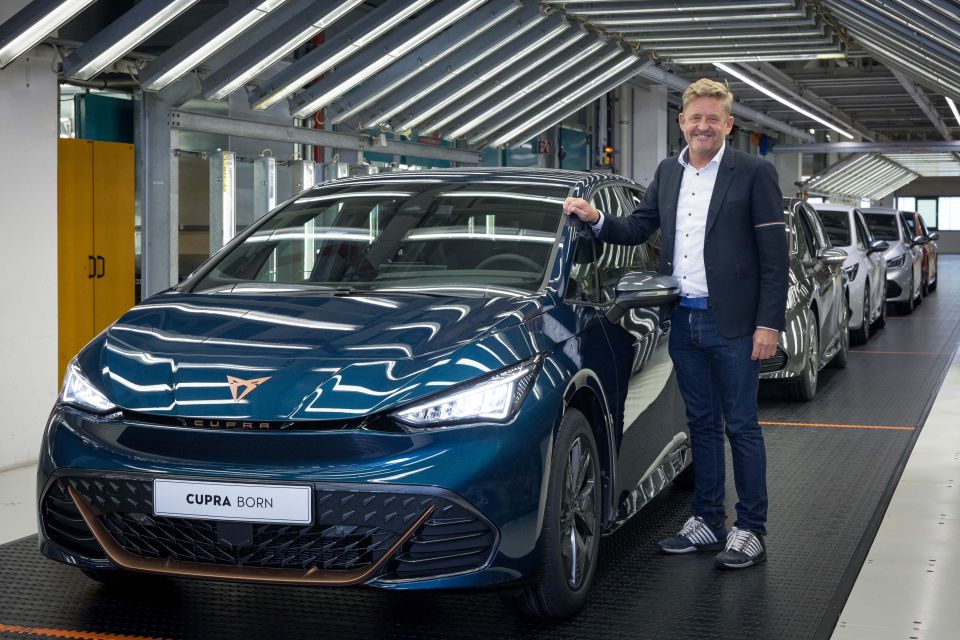
The Volkswagen Group’s line-up of models on the all-electric MEB architecture is growing, and we will finally see some of these models Down Under in the near future.
While the Skoda Enyaq and Volkswagen ID.3 and ID.4 aren’t expected here until 2023, the Cupra Born should arrive here in late 2022 or early 2023.
The MEB-based Audi Q4 e-tron is also set for a 2022 launch. The brand already sells the unrelated e-tron SUV, which will be joined by the e-tron GT – cousin to the Porsche Taycan – in 2022.
MORE: Volkswagen CEO gets Elon Musk to present to his top managers MORE: Australia’s Electric Car Launch Calendar
Jack Quick is an automotive journalist based in Melbourne. Jack studied journalism and photography at Deakin University in Burwood, and previously represented the university in dance nationally. In his spare time, he loves to pump Charli XCX and play a bit of Grand Theft Auto. He’s also the proud owner of a blue, manual 2020 Suzuki Jimny.


William Stopford
14 Minutes Ago
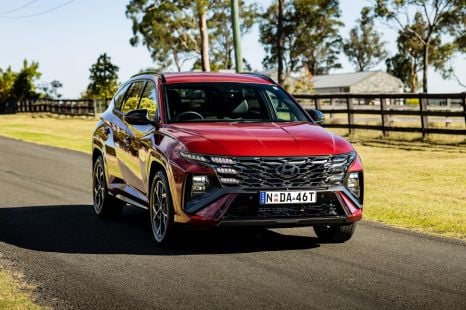

Matt Campbell
8 Hours Ago
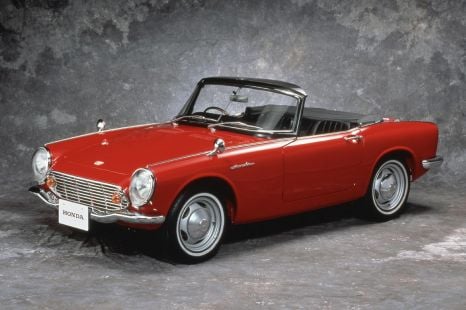

Max Davies
1 Day Ago
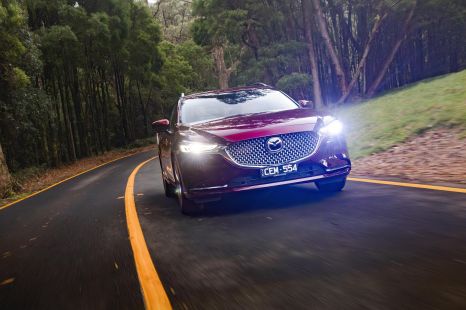

William Stopford
1 Day Ago
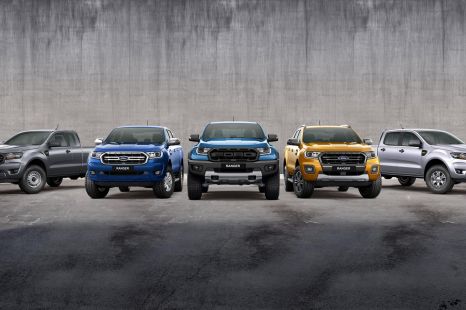

Derek Fung
1 Day Ago
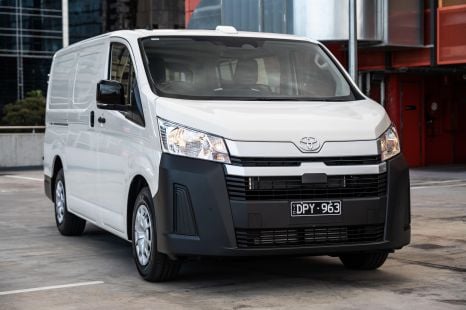

Max Davies
1 Day Ago